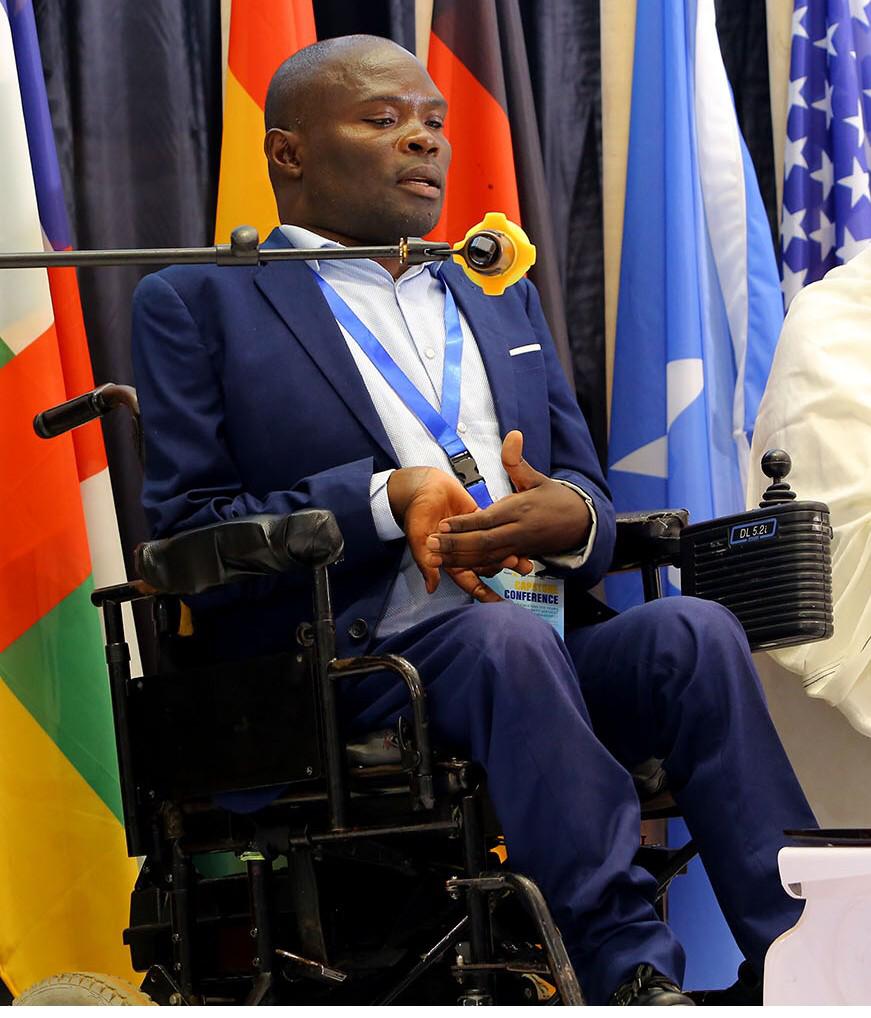Begin with the End in Mind
Robin S. Sharma once said, “Everything is created twice, first in the mind and then in reality.” This profound idea resonates deeply when we talk about the journey towards building inclusive societies. Before inclusivity becomes a reality in our workplaces, schools, healthcare centers, markets, or even on our streets, it must first take root in the collective consciousness of each individual. It is this mental shift that paves the way for meaningful societal change.
To build inclusive societies, we must cultivate an inclusive mindset. When inclusivity becomes a personal value, it transforms how we envision and shape the world around us. This shift begins with recognizing and valuing diversity in all its forms—whether related to ability, gender, race, age, or background. Without this understanding, any effort to create inclusive spaces will be superficial, incomplete, and prone to failure.
Inclusive thinking drives the creation of inclusive visions. With this mindset, our ambitions shift from mere accommodation to fostering environments where everyone can thrive. Whether we’re designing infrastructure, implementing policies, or rethinking educational systems, inclusivity becomes the focal point of every decision. Moreover, inclusive design plans are born from this mental commitment; Accessibility, diversity, and equal opportunity should no longer be afterthoughts but integral components of any plan or structure. From accessible streets to disability-friendly workplaces, inclusive designs are reflections of a society that prioritizes the well-being and participation of every individual.
Beyond design, inclusive policies shape the foundation of just societies. These policies must reflect an unwavering commitment to equal opportunity, ensuring that marginalized groups are heard, represented, and empowered. When policymakers approach their work with inclusivity in mind, they create laws and regulations that bridge gaps rather than increase them.
Ultimately, a truly inclusive society is the result of collective mental transformation. It is not something that happens overnight, nor is it the responsibility of a few—it is a journey that begins with each of us. When inclusivity takes root in our minds, it manifests in every aspect of our reality, from the spaces we inhabit to the policies that govern us.



